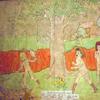Whitney Museum Cancels Exhibition After Criticism Mounts Online
- August 26, 2020 11:59
The Whitney Museum of American Art canceled the upcoming exhibition “Collective Actions: Artist Interventions in a Time of Change” after protests over the mode of acquisition of works to be shown.
Scheduled to open on Sept. 17, the exhibit was to showcase prints, photographs, posters, and digital files created in response to the COVID-19 pandemic and the Black Lives Matter movement. The acquired works were being sold to fundraise for causes related to the coronavirus crisis and systemic racism. Critics on social media deemed the Whitney's acquistions as "exploitive" since many works were bought at discounted prices; the art was priced to be accessible to the public in the fundraising efforts.
Some acquisitions came from See in Black, a collective featuring photographs by Black artists. The group posted a statement on Twitter saying the Whitney exhibition constituted “unauthorized use of the works to which the artists do not consent and for which the artists were not compensated.”
Whitney curator Farris Wahbeh released a statement. “We apologize for the anger and frustration the exhibition has caused and have made the decision not to proceed with the show,” Wahbeh said. “The works in the exhibition were collected as part of the Whitney’s Special Collections, an area that houses artists books, zines, posters, prints, and objects that document how artists distribute published materials as a form of practice, both physically and on-line, and are collected as the materials are launched and circulated.
My sincere hope in collecting them was to build on a historical record of how artists directly engage the important issues of their time. Going forward, we will study and consider further how we can better collect and exhibit artworks and related material that are made and distributed through these channels. I understand how projects in the past several months have a special resonance and I sincerely want to extend my apologies for any pain that the exhibition has caused.”









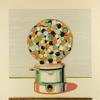


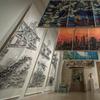
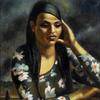
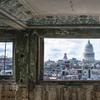


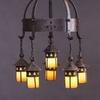
100x100_c.jpg)
![Peter Paul Rubens (Flemish, 1577–1640), After Titian (Tiziano Vecelli) (Italian [Venetian], c. 1488–1576), Rape of Europa, 1628–29. Oil on canvas, 71 7/8 x 79 3/8 in. Peter Paul Rubens (Flemish, 1577–1640), After Titian (Tiziano Vecelli) (Italian [Venetian], c. 1488–1576), Rape of Europa, 1628–29. Oil on canvas, 71 7/8 x 79 3/8 in.](/images/c/e2/2e/Jan20_Rape_of_Europa100x100_c.jpg)
